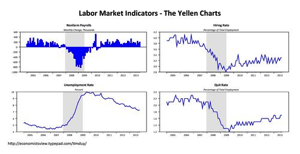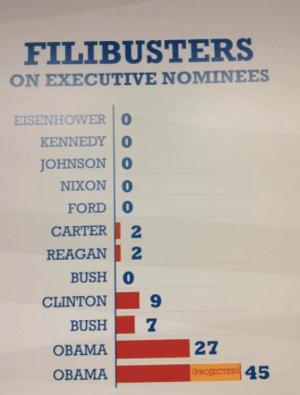The National Memo Interviews Romneycare/Obamacare Architect Jonathan Gruber:
Aside from the bartender who recorded the notorious “47 percent” video, Jonathan Gruber may have become Mitt Romney’s least favorite person during the 2012 campaign. Gruber damned the former governor of the Bay State with praise that certainly did little to shore up his standing in the Republican base: “He is in many ways the intellectual father of national health reform.”… Recently, Gruber spoke with National Memo executive editor Jason Sattler….
Jason Sattler: You’re estimating that a few million of the insured are in that so-called “losers” category. And you’ve recently described these people as winning the “genetic lottery” — suggesting they’ve been underpaying in the past?
Jonathan Gruber: So basically there’s two different issues. One of them is, what does it mean to be a “loser?”… How many people are being asked to find more generous plans than before? That’s probably about six million people…. The other issue is, how many people going to end up paying more than they did before? That’s probably about four million people…. The point is that a lot of people who are healthier have benefited from existing discrimination in the market….
Sattler: Is the refusal of 25 states to expand Medicaid distorting the market?
Gruber: I think in those states, by my own estimates, it’s going to raise premiums by about 15 percent in the exchange because sicker people will be in the exchange. I think it’s really disgusting that these states aren’t providing their poorest residents free insurance [financed] by the federal government. It’s pretty amazing that they can get away with that.
Sattler: What do you think about the right-wing argument that having no insurance at all is better than Medicaid?
Gruber: It’s just incorrect. There’s no credible evidence to support that….
Sattler: What would success for this law look like?
Gruber: We’re looking for several million people to sign up by March 31. And we’re looking for a reasonable mix of not just sick people, but also healthy people joining too…
Sattler: What did the proportions look like in Massachusetts during the first year?
Gruber: The New England Journal of Medicine study [that] I was part of found that the healthiest people tended to wait until the very end. There was a huge spike among the healthy right near the end of the enrollment period…

 Unless they narrow their focus to only the unemployment rate, the argument to taper is challenged to say the least. It is even more challenged considering inflation indicators. Knowing that the data continuously refuses to cooperate, the Fed explores plan B: ‘However, participants also considered scenarios under which it might, at some stage, be appropriate to begin to wind down the program before an unambiguous further improvement in the outlook was apparent…”
Unless they narrow their focus to only the unemployment rate, the argument to taper is challenged to say the least. It is even more challenged considering inflation indicators. Knowing that the data continuously refuses to cooperate, the Fed explores plan B: ‘However, participants also considered scenarios under which it might, at some stage, be appropriate to begin to wind down the program before an unambiguous further improvement in the outlook was apparent…”